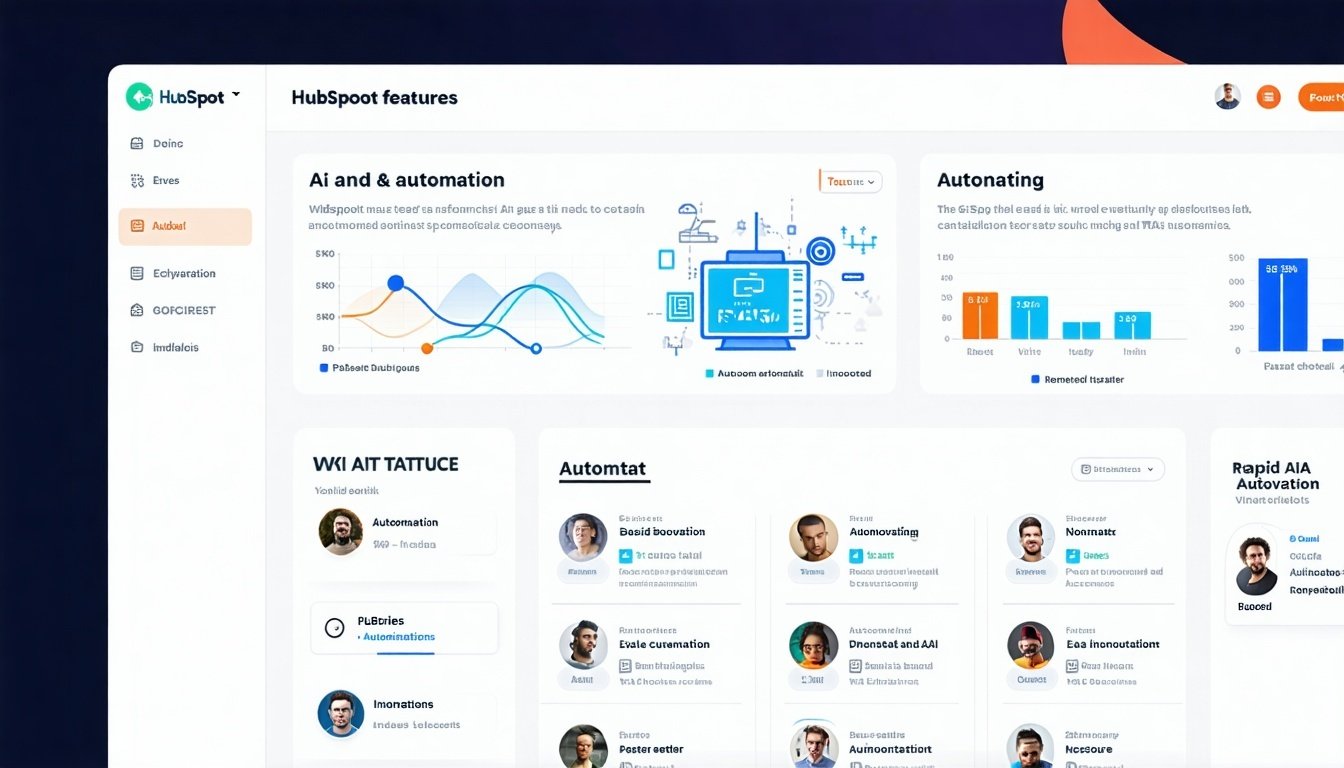Moving from Salesforce Sales Cloud to Service Cloud: A Comprehensive Guide

As businesses grow and evolve, their needs and priorities change. For organizations using Salesforce, this may mean transitioning from one product to another to better align with their objectives. In this blog post, we will discuss the considerations, pros, cons, and risks involved in transitioning from Salesforce Sales Cloud to Salesforce Service Cloud, and how Vantage Point Consulting can help organizations make the right decision.
Salesforce Sales Cloud vs. Service Cloud: Key Differences
Salesforce Sales Cloud is designed for sales representatives and managers, with key functionalities aimed at account acquisition, managing the sales funnel, and closing deals. It focuses on the sales process, managing leads, opportunities, and sales forecasts.
On the other hand, Service Cloud is geared towards service agents and managers, with key functionalities focused on agent efficiencies and customer experience. It concentrates on customer service and support, managing customer inquiries and cases.
In summary, Sales Cloud is tailored for sales activities, while Service Cloud is designed for customer service and support, with features like case routing automation and speeding up case resolution for support agents.
Selection Criteria: Sales Cloud vs. Service Cloud
When deciding whether to stay with Sales Cloud or move to Service Cloud, consider the following selection criteria:
- Business focus: If your primary focus is on sales processes, lead management, and closing deals, Sales Cloud may be more suitable. If your focus is on customer service, support, and managing customer inquiries and cases, Service Cloud would be a better fit.
- Required features: Sales Cloud includes Leads, Accounts, Contacts, Contracts, Opportunities, Products, Price books, Quotes, and Campaigns. Service Cloud offers all Sales Cloud features plus additional functionalities such as Cases, Solutions, Visual Workforce, Contract & Entitlements, Social monitoring, Knowledge, E-mail & Calendaring, and Analytics.
- Automation and efficiency: If your organization requires more automation and efficiency in customer service and support, Service Cloud's additional features can help streamline these processes.
- Integration: Consider how well each cloud integrates with your existing systems and processes. If you already have a strong sales process in place, Sales Cloud may be more appropriate. If you need to improve customer service and support, Service Cloud may be the better choice.
- Budget: Service Cloud may have additional costs due to its extra features. Evaluate your budget and determine if the added functionalities are worth the investment.
Ultimately, the decision to stay with Sales Cloud or move to Service Cloud depends on your organization's specific needs, goals, and priorities. Analyze your business requirements and choose the cloud that best aligns with your objectives.
Risks Associated with Moving from Sales Cloud to Service Cloud
Moving from Sales Cloud to Service Cloud may involve some risks, including:
- Data migration: Transferring data between the two platforms can be complex and time-consuming. There is a risk of data loss or corruption during the migration process.
- Integration challenges: If your organization relies on third-party applications or custom integrations, you may face compatibility issues when moving to Service Cloud. This may require additional development work to ensure seamless integration.
- Training and adoption: Your team may need to learn new features and functionalities in Service Cloud, which could lead to a temporary decrease in productivity during the transition period.
- Cost implications: Service Cloud may have additional costs due to its extra features. Evaluate your budget and determine if the added functionalities are worth the investment.
- Customization: If you have heavily customized your Sales Cloud environment, you may need to reevaluate and reapply these customizations in Service Cloud, which can be time-consuming and resource-intensive.
To mitigate these risks, plan the transition carefully, involve key stakeholders, and ensure proper training and support for your team during the migration process.
How Vantage Point Consulting Helps Organizations Choose the Right Salesforce Product
At Vantage Point Consulting, we understand that choosing the right Salesforce product is crucial for your organization's success. We help organizations evaluate whether Sales Cloud or Service Cloud is the best fit by:
- Analyzing your business requirements and objectives
- Identifying the key functionalities and features needed for your organization
- Evaluating the pros, cons, and risks associated with each product
- Providing guidance on the transition process, including data migration and employee training
In a scenario where an organization is looking to transition from Sales Cloud to Service Cloud, our team of experts will assess the organization's needs, goals, and priorities to determine if Service Cloud is the right fit. We will also help the organization navigate the transition process, ensuring minimal disruption to existing workflows and processes.
Conclusion
Transitioning from Salesforce Sales Cloud to Salesforce Service Cloud can be a significant decision for an organization. By considering the selection criteria, risks, and working with a trusted partner like Vantage Point Consulting, organizations can make the right choice and maximize the benefits of their Salesforce investment.




